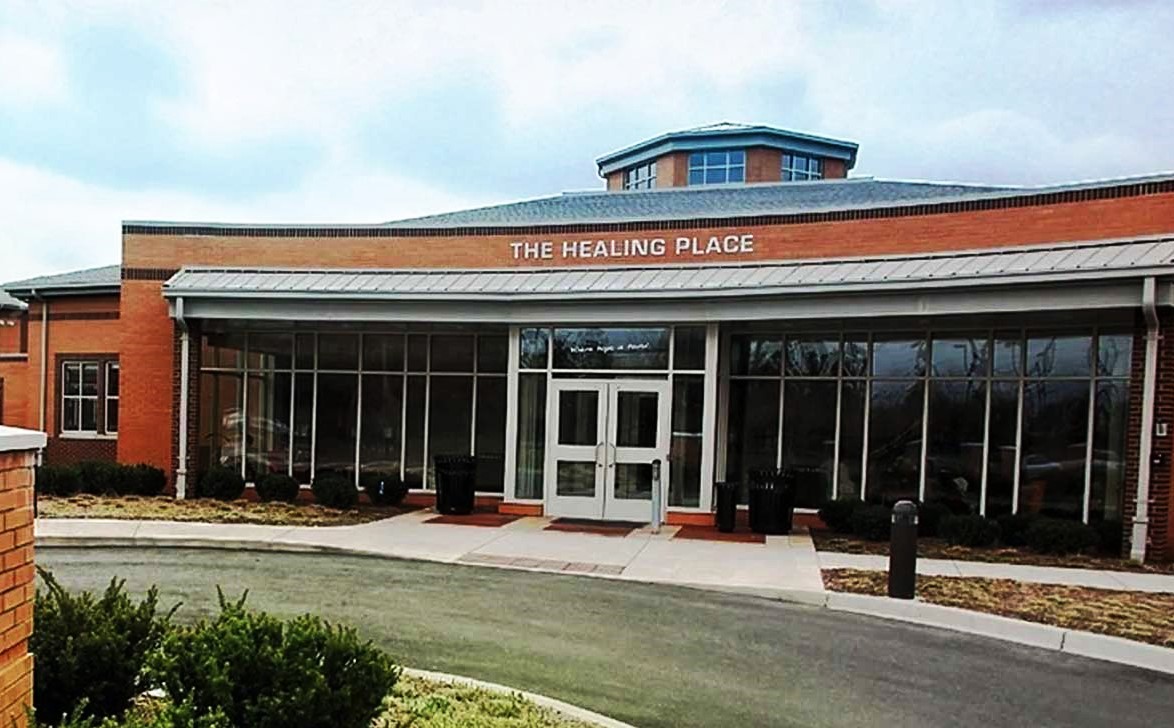Overcoming addiction is one of the most formidable challenges many individuals face in their lifetimes, but having a strong sense of community can significantly ease this journey. A supportive community provides a network of people who understand and empathize, which helps reduce the isolation often experienced during addiction recovery. Whether through support groups, family involvement, or online platforms, community plays a multifaceted and critical role. For those embarking on this journey, it’s beneficial to look into resources like the Louisville Addiction Center in Kentucky, which offers guidance and connections that can assist greatly in establishing a supportive network. This article delves into how such communities empower individuals to achieve and maintain sobriety.
Addiction centers in Kentucky offer vital resources and support for individuals struggling with substance use disorders, providing both inpatient and outpatient treatment options. These centers utilize a variety of evidence-based therapies, including counseling, medication-assisted treatment, and detoxification services, to help individuals recover and rebuild their lives. Many facilities also emphasize aftercare and community support, recognizing that long-term recovery requires ongoing care and connection.
Many people discover that strength truly does lie in numbers. Engaging with a community where others comprehend your struggles can alleviate the loneliness that often accompanies the road to recovery. A supportive community not only fosters motivation but also inspires individuals to maintain their sobriety by offering a source of encouragement and accountability. Here, we’ll explore the varied roles the community plays in addiction recovery and provide practical insights into building a robust support system.
The Role of Community in Recovery
The role of the community in recovery is fundamentally transformative. Studies consistently show that individuals who perceive they have strong social support are more likely to succeed in abstaining from substance abuse. Communities provide emotional, social, and practical assistance, which is vital for confronting the complexities of addiction. These support networks span beyond professional help and include friendships and peer connections that offer everyday encouragement. Communities create an environment where one’s experiences and emotions can be shared openly, fostering an ambiance of trust and mutual understanding.
Building a Supportive Network
Creating a supportive network is an intentional process that involves more than merely identifying supportive individuals. It requires nurturing relationships based on mutual trust and empathy. Engaging with family, friends, and professionals who are willing to support recovery efforts is crucial. Practical steps include joining local support groups or community clubs where individuals can meet others who share similar experiences. This proactive approach not only creates a buffer against relapse but also enhances one’s quality of life, providing ongoing motivation and companionship.
Healing Through Shared Experiences
Sharing personal experiences with individuals who have walked similar paths can be profoundly healing. It’s a form of mutual therapy that provides validation and a sense of belonging, both of which are powerful motivators in the recovery process. By participating in facilitated group discussions or storytelling sessions, individuals find reassurance in knowing they are not alone, thus promoting healing through empathy and collective support. Such interactions serve as a reminder of the shared human experience, demonstrating that recovery is a journey best walked with others.
The Impact of Peer Support Groups
Peer support groups such as Alcoholics Anonymous (AA) and Narcotics Anonymous (NA) hold a notable place in recovery landscapes. These groups furnish a safe space for sharing individual experiences and effective coping strategies, which can significantly ease the burden of solitude that often accompanies addiction. The structure of these groups—including regular meetings and a focus on accountability—provides a consistent support system. Participating members benefit from the guidance and companionship of peers who genuinely understand the complexities of addiction, often leading to sustained sobriety and personal growth.
Family Support: A Crucial Element
Family support is often the bedrock of a successful recovery. Families who are actively involved can significantly improve outcomes by providing emotional backing and stability. It’s essential for family members to educate themselves about addiction and maintain open communication, which allows for effective support without enabling destructive behaviors. This level of involvement not only aids the individual in recovery but also reinforces familial bonds, creating a nurturing environment conducive to healing. Moreover, family involvement carries the promise of restoring trust and repairing relationships that might have been strained by addiction’s impact.
Online Communities and Their Benefits
The digital age has ushered in online communities that offer an exciting new frontier for support. These platforms are particularly beneficial for those who might be geographically isolated or prefer anonymity. They provide forums, virtual meetings, and social media groups where participants can connect anytime, making support accessible and flexible. The online space is vast, and platforms like the American Addiction Centers offer invaluable information and remotely connect individuals to necessary support. Embracing online communities allows individuals to tailor their recovery journey to fit their lifestyles while drawing support from a global community.
Resources for Finding Community Support
Properly leveraging resources is crucial in finding and maintaining the right community support network. Various organizations and digital platforms offer extensive resources designed to help individuals connect with supportive networks akin to their needs. Utilizing resources like the SAMHSA National Helpline provides free, confidential information on local assistance and broader community-based initiatives. Furthermore, exploring local health centers can provide a gateway to curated options that foster the growth and development of robust support systems.




